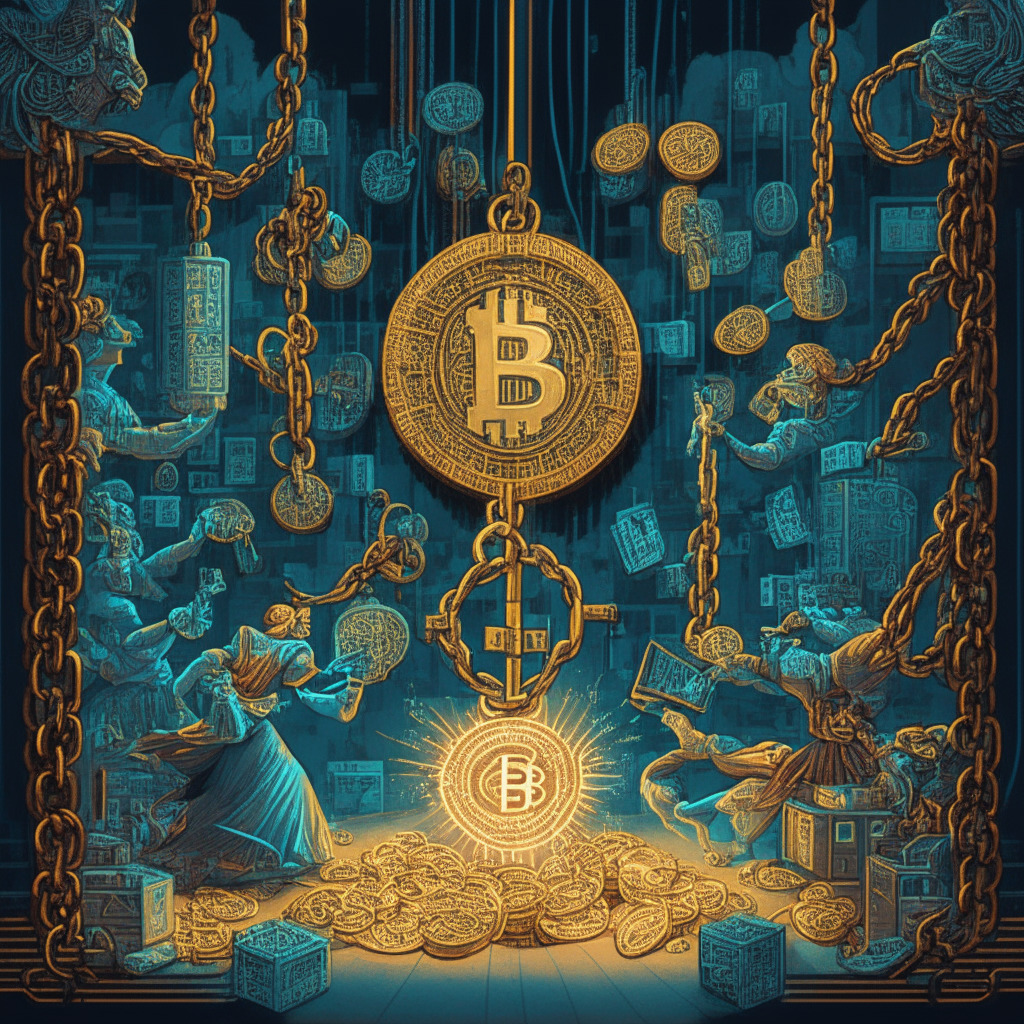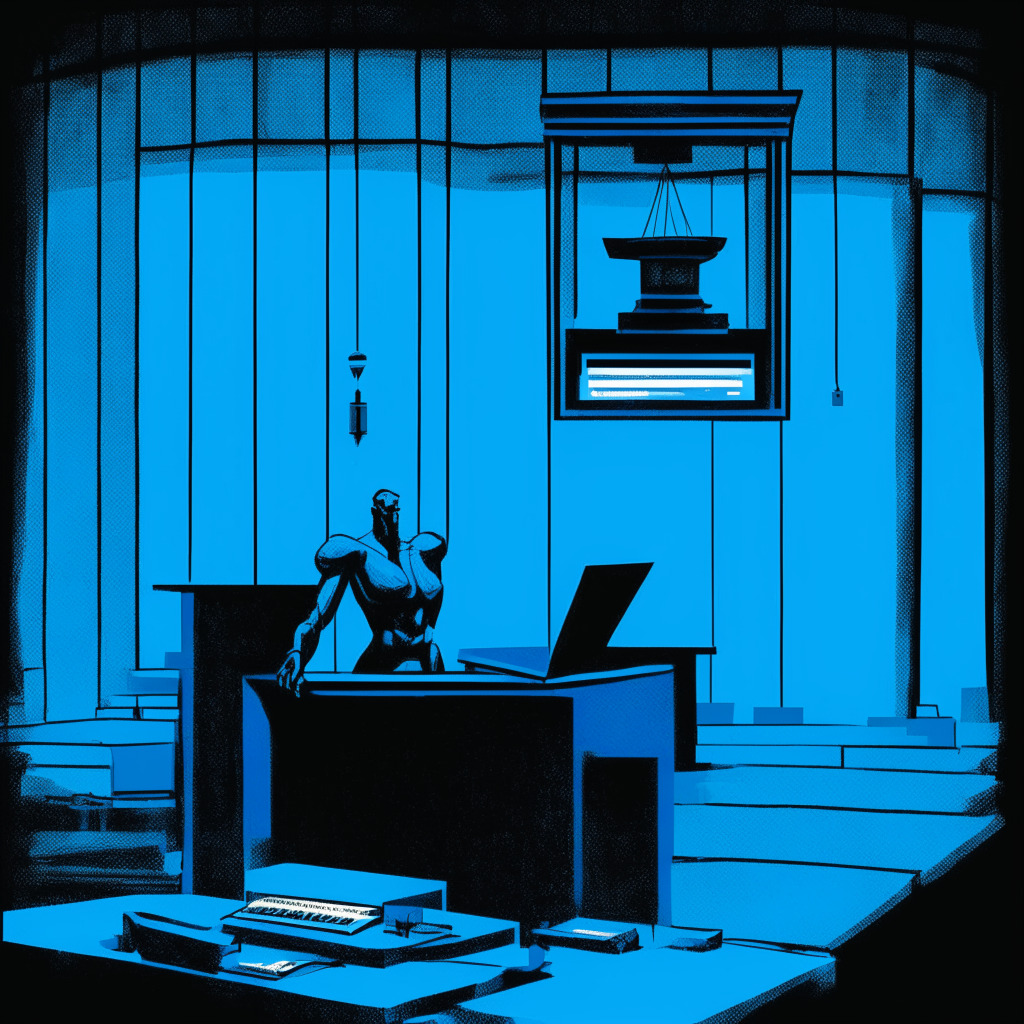Immeasurable strides have been taken by the realm of blockchain, exposing both considerable achievements and noteworthy drawbacks. This juxtaposition sets the pace for the widespread reception of this technology. The paradigm shift in technology caused by blockchain can’t be understated, sending waves across sectors like finance or supply chain. One shining example is the implementation of Bitcoin, a decentralised currency, which is a testament to blockchain’s potential.
However, there’s a tug of war between the reception and scrutiny of this complex innovation. Blockchain enthusiasts tout it as a groundbreaking invention that ensures security, transparency, and speedy transactions. Indeed, the transparency provided can revolutionise industries by minimising the possibility of fraud. Additionally, blockchain’s decentralised nature echoes the grand idea of liberation from centralised systems, offering a new level of autonomy to its users. With these strengths in mind, the push for blockchain seems inevitable.
While the benefits of blockchain are increasingly applauded, the criticisms echo just as loud. Detractors believe that its complexities and contradictions seem to outweigh the proposed benefits. They argue that, despite the assurance of security, blockchain has been the unfortunate helicopter pad for some of the massive crypto heists in history – a loophole often exploited. Skepticism also shrouds the application of this technology, given its power draw. This concern is accentuated by the fact that energy-intensive operations like Bitcoin mining have been known to contribute to environmental deterioration. Additionally, the lack of regulation presents a tall wall every participant must climb.
Therefore, it eventually comes down to individuals or institutions deciphering blockchain’s intricate puzzle and determining if the pros triumph over the cons. After all, in the midst of praises sung for this breakthrough technology, organizations should assess the energy consumption, security loopholes, and regulatory issues.
In conclusion, even if blockchain’s potential is vast, the critics’ qualms can’t be simply ignored. Like many technological revolutions before it, the journey of blockchain shall remain riddled with bumps, pushing us to continue the exploration – a subtle tightrope walk. Blockchain beckons us into an exciting era while urging us to tread with caution. Making full use of this technology’s benefits while patching its weak spots is the task that the technology world faces today, and we look forward to how this journey unfolds.
Source: Cryptonews




